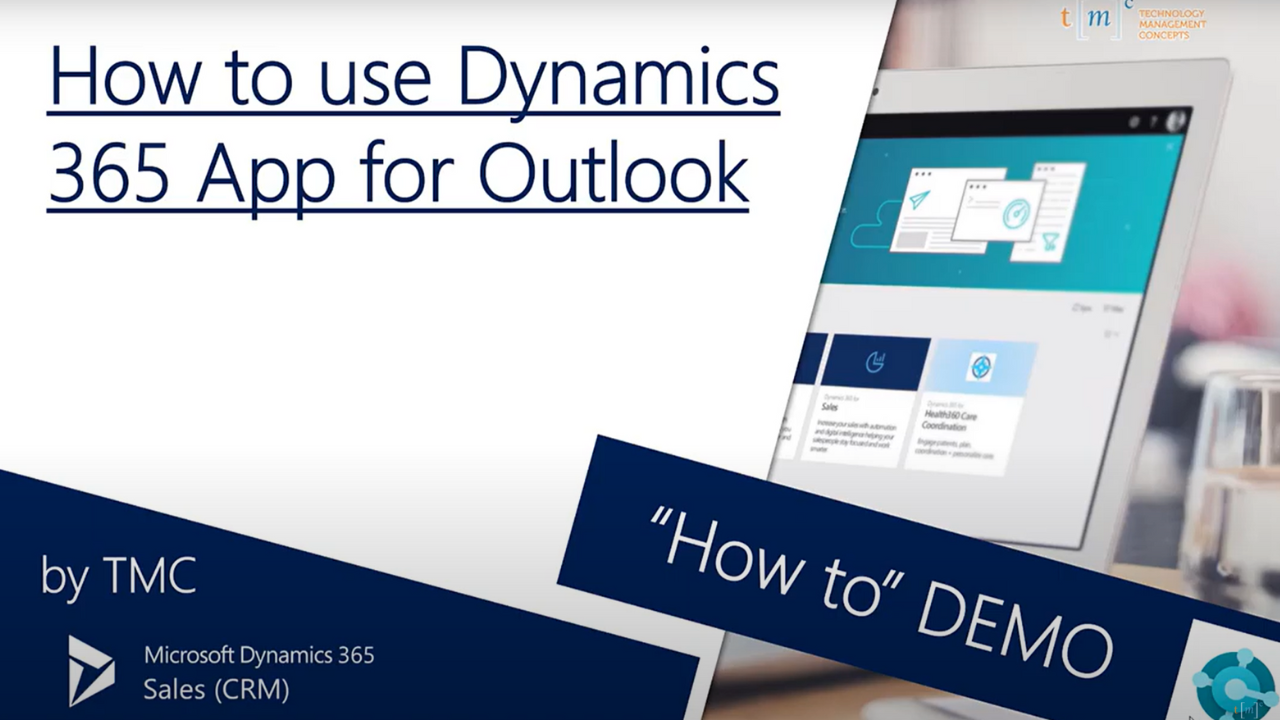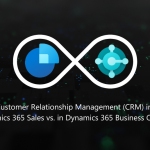Back in November 2016, in yet another iteration of Microsoft Dynamics CRM, Microsoft released Dynamics 365 for Sales (CRM). Initially, Dynamics 365 CRM, along with other Microsoft ERP platforms, were brought into the Dynamic stack as a single cloud platform to offer users avenues to use other cloud services, such as Mirosoft 365.
Specific users can create apps that embrace Microsoft’s goal of offering ‘The right functionality in the right place.’ For example, marketing may decide that only certain projects need to be displayed and creating a custom app to ensure that only relevant features are displayed for any given project. Furthermore, this flow of information can be interfaced with a graphical sitemap editor, thereby shorten the steps to edit Sitemaps.
Dynamics 365 for Sales has quicker changes to customer orders.
Customer orders can be reviewed for inline changes to the data. This eliminates the need to load record files and initiate a series of searches to change an order.
Overall, Dynamics 365 for Sales integrates more fully with Outlook, while Microsoft 365 users can leverage Microsoft Flow in developing custom workflows that interconnect within Dynamics 365. What’s more, a customer support desk can glean negative text within Outlook to better gauge a customer’s perception of the company.
Forbes: ‘Customer Engagement’ drives growth.
As Forbes notes, today’s customer engagement is all about new strategies to “drive greater growth.”
“Leaders view engagement as a means to a business outcome, such as revenue. They invest more in staff resources to focus on customer engagement, are more likely to have an executive who is responsible for engagement, and provide consistent, seamless customer experiences.”
‘Sentiment Analysis’
Today, Dynamics 365’s new iteration allows users to integrate with other cloud software, such as Microsoft 365 including Outlook, Excel Online, and Sharepoint, Azure Cloud, PowerBI, and other Dynamics 365 solutions like Business Central.
Now, businesses have been given the capability to really understand the reputation of their brand, their products, and services: Dynamics 365 for Sales (CRM) provides users with the choice of activating sentiment analysis to scan text within Outlook, or check for positive/negative comments across the social-media bandwidth.
Distinctly different from predictive analysis, sentiment analysis “…can tell you whether it thinks the text you (the customer) enter in a comment box expresses positive sentiment, negative sentiment, or if it’s neutral.”
‘Reputational Management’
Forbes confirms a “critical need for businesses to improve experiences with their customers. With Dynamic “customer experience.” and a successful outcome of sentiment analysis will reveal “what other people think” of a company’s overall messaging, products or services. Reputational Management, notes Forbes.
Visit our website’s solutions to learn more about our solutions in order to further your understanding of financial and business management systems. Team up with a certified Microsoft Gold Partner to make your migration to the cloud seamless. If you have any questions regarding Dynamics 365 or other ERP/CRM systems, you can contact us here.
Don’t forget to follow us on Facebook, LinkedIn, and Twitter. Subscribe to our YouTube channel for insightful tutorials and demos.









